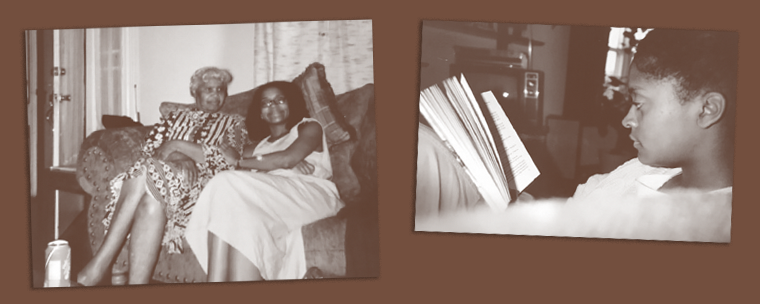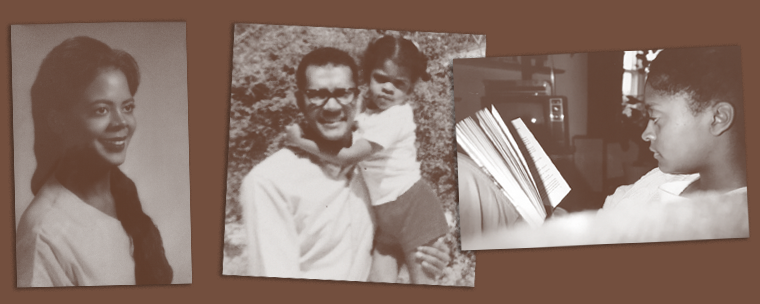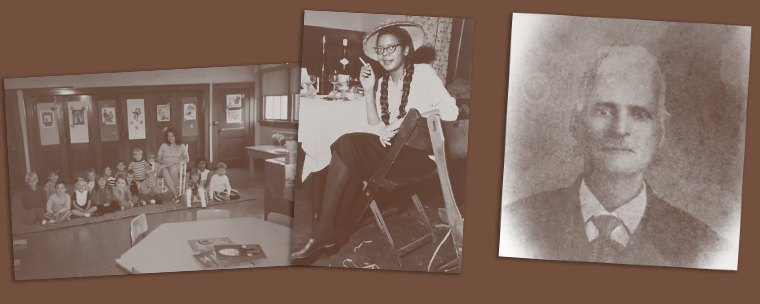My students and I are finishing Their Eyes Were Watching God by Zora Neale Hurston this week. I decided to treat us all to documentary today. “Her life was so much bigger than this one novel,” I told them.
We were not far into the film when I felt a little bud of rage start to blossom in my throat. There she was, a woman I used to know, talking knowledgeably about Hurston. As she talked, explained Hurston’s life and work for the camera, I remembered her voice from a thousand years ago. Her work on Hurston had brought her a big advance for a book. She was smiling at me, all those years ago, talking about her new summer home. “I call it ‘the house that Zora built,’” she quipped. Then she said it again, just to make sure I heard her.
I stopped the film earlier than I planned. I was burning with the story and had to share it with my students. I didn’t attribute the quip to the talking head on the screen. Instead, I told my students that while Hurston had died poor and malnourished, there were people who had gotten rich off of her legacy, and most of those people were not black.
I always want my students to know about the mechanics of literary production, that books are available not always because they are inherently worthy, and that the lives of exceptional stories, like Their Eyes Were Watching God, are sometimes dependent upon politics, large and small. But the story of Hurston, and the house she unwittingly built for the woman who reaped the benefits of her creativity, enrages me.
The rage, of course, comes from my own complicity. I was intimidated by the woman who claimed Zora built her house. Maybe I just wanted her to like me. So, even though her joke twisted something inside of me, I smiled back. I was silent.
I won’t be silent anymore.











